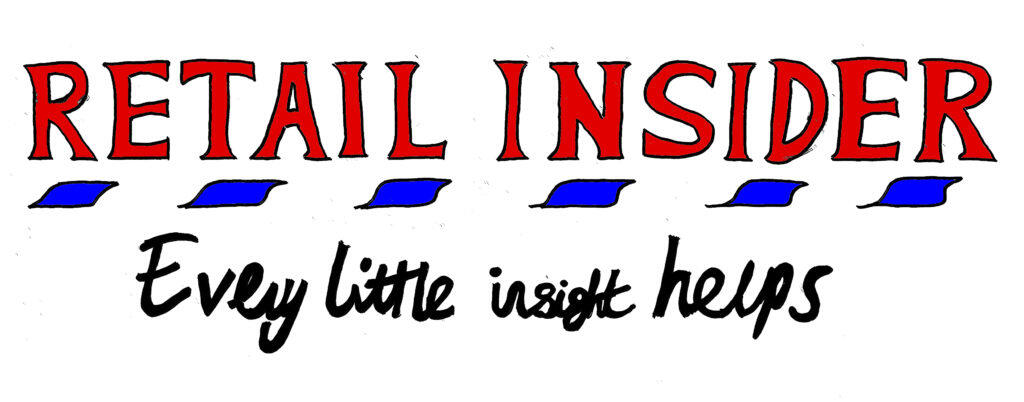Just another day at the office
For hospitality companies in London, and in some of the UK’s other major conurbations, the potential for future prosperity remains very much in the balance because of, arguably, the most seismic long-term impact of covid-19 – the changing role of the workplace and the acceptance of working from home (WFH). The WFH phenomenon and its full impact on foodservice companies in major cities is yet to be played out in any meaningful way.
Not until well into September, and the end of the school holidays, will we see a true picture emerge of how companies are dealing with this incredibly sensitive situation. To date, some organisations, including Goldman Sachs and JP Morgan, have mandated a full return to the office. This is a tough one to commit to and Goldman has, rather cleverly, partly defended its decision on the basis that it can better care for the well-being of its younger employees if it can look them in the eye and identity when they are mentally and physically exhausted. Others, including tech firms like Twitter, have rather bravely suggested nobody has to return to the office again if they choose not to.
The easiest option for companies is to go for the hybrid model. Needless to say the majority (63%, according to Robert Walters) have indicated this is their preferred route in the future. It might be easy to say they are going hybrid but I’m guessing it’s going to be incredibly tough to implement. I don’t feel it’s an understatement to say it is a potential can of worms and the ramifications of operating some sort of laissez-faire system will be seriously problematic for many businesses.
The model most widely discussed is one where visits to the office are focused around meetings and where the so-called water cooler moments can be maximised. But with a newly disparate workforce, the co-ordination of this is likely to be challenging to deliver. I’ve already heard of people not being able to make it to the office because it is their day at home supervising the new puppy or they’ve slipped it into the conversation with their bosses that during lockdown they moved to Somerset.
There is also the potential issue of promotions being given to employees who are predominantly in the office and, therefore, more visible to management. This represents an opportunity for legal claims by any WFH candidate aggrieved at being overlooked for a role. Such an eventuality has already been recognised in the US, where some firms are considering banning employees from entering the office on their WFH days. This all sounds rather messy to me.
The easiest option to date for companies has been to simply say nothing about their workplace plans. According to the Institute of Workplace and Facilities Management, as many as 40% of employees are yet to hear from their employers about the future way of working. This is no doubt because it’s such a tough challenge.
Most interestingly, the research found 31% of respondents felt their employer was forcing them back to the office. Nobody is going to suggest force is the correct way to go about things but growing evidence during this ongoing WFH debate does point to the fact that, through the inevitable demands and requirements of both employers and employees, there will be a more than meaningful return to the office. Recent murmurings from government also suggest they prefer a broader return. With this, of course, come the positive knock-on effects to the foodservice industry that supports the traditional office-heavy environments in major cities and towns.
One of the most positive elements revealed so far is that the grouping most keen to return to the office is the cohort that is most valuable to the hospitality industry – youngsters with more disposable income than family responsibility and mortgages. As many as 75% of workers in the 18 to 26-year-old grouping stated the workplace is their number one source of meaning and social connection, and 50% would likely leave their employer within 12 months if a workplace culture does not return, according to Robert Walters.
We’re clearly still some way off having decent visibility of the post-covid-19 workplace scenario in our cities but I reckon some comfort should be taken from the way that things are slowly beginning to play out in the media and government. It suggests the doomsday scenario for office life (and the supporting hospitality businesses) that has been predicted in some quarters, will be some way off the mark.
Glynn Davis
Editor
This piece was originally published on Propel Info where Glynn Davis writes a regular Friday opinion piece. Retail Insider would like to thank Propel for allowing the reproduction of this column.


